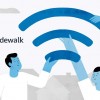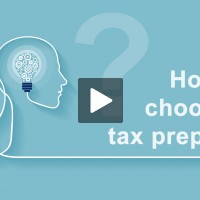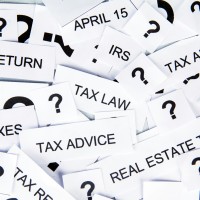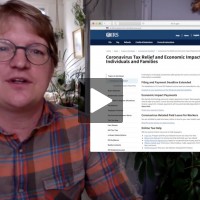Don't Fall for Tax Time Scams
- Details
- Written by Remar Sutton
- Category: Articles
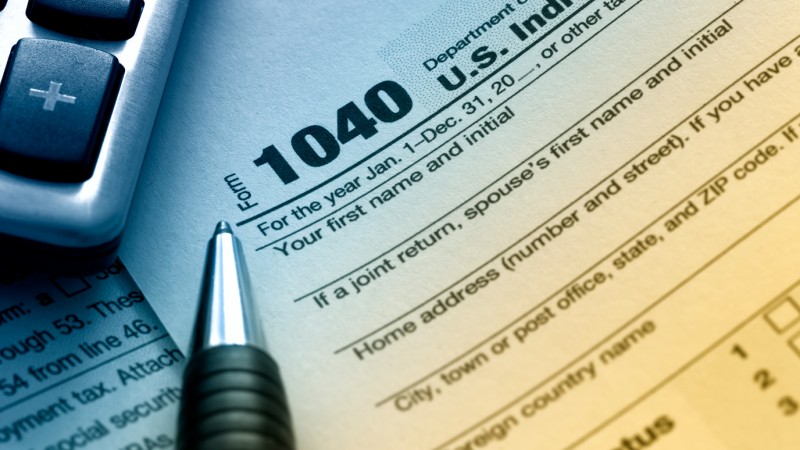
Scams occur all year round but some types of scams peak during tax season. The IRS publishes a list of the worst of the tax scams each year called the "Dirty Dozen." Many of these scams make the list year after year. This report highlights the several of the scams.
The IRS publishes a list of the worst of the tax scams each year called the "Dirty Dozen."
Phishing Scams
Phishing scams try to steal your personal and financial information. These scams typically come by email. The emails are made to look like they come from the IRS or other government agency, bank, credit card company, businesses or other trusted organizations. The goal of the email is to get you to go to a legitimately looking website so that they can collect your information. Some emails or websites may also try to infect your computer with malware which will try to steal login and other data from you.
The following tips can help you avoid phishing scams.
-
The IRS, other government agencies, financial institutions and reputable companies do not send emails, make phone calls, or send letters asking for personal information and account information they already have on file.
-
Do not click on any links or call phone numbers in unsolicited emails. If you must contact the sender, call them using a phone number from a reputable source or go directly to their website.
-
Never send account numbers and passwords in email messages.
-
Protect yourself and your devices by using security software and security features provided by your email program and browsers.
Phone Scams
In these scams, the scammers pose as IRS agents. The calls may demand that payment of a bogus tax bill and threaten arrest, driver's license revocation, or even deportation if the bill isn't paid. Other calls may promise a big refund if you provide them your personal information. If you receive a call, hang up immediately. Don't give out any information.
Remember that the IRS will never:
Call to demand immediate payment using a specific payment method. The IRS will usually first mail a bill to any taxpayer who owes taxes.
Threaten to immediately bring in local police or other law-enforcement group to access a taxpayer for not paying.
Demand that taxes be paid without give the taxpayer the opportunity to question or appeal the amount owed.
Ask for credit or debit card number over the phone.
Tax-Related Identity Theft
In these scams, scammers try to steal personal and financial data from taxpayers or data held by tax professionals. They may also try to steal tax refunds by filing tax returns using the stolen data. The IRS, state tax agencies and the tax industry have been working to combat this problem by developing and improving tools to prevent fraudulent returns from entering the tax system. Even though progress has been made, you still need to be extremely cautious.
You can protect yourself by:
- Learning the signs of tax-related identity theft.
- Use security software on all of your devices including a firewall. Make sure to keep it up to date and running.
- Use strong passwords. Consider encrypting tax records and other sensitive files.
Fake Tax Payment Using Gift Cards
While this scam isn't one of the Dirty Dozen, it's a twist on the phone scam. In this scam, scammers are impersonating an IRS agent and demand that a tax payment be made by an iTunes or other gift card. If you receive one of these calls, hang up immediately without providing an information. The IRS does not require you to use a specific payment method for your taxes such as a prepaid debit card, gift card, or wire transfer.
For More Information
For more details about these and other "Dirty Dozen" scams, check out the Dirty Dozen page on the IRS website.


